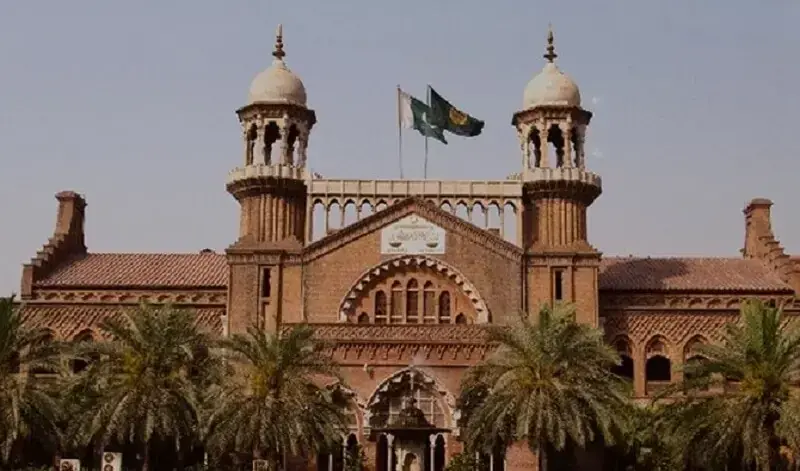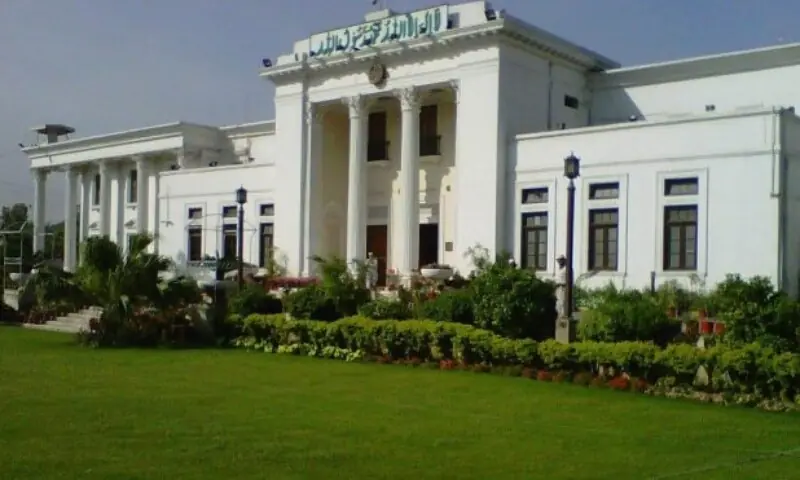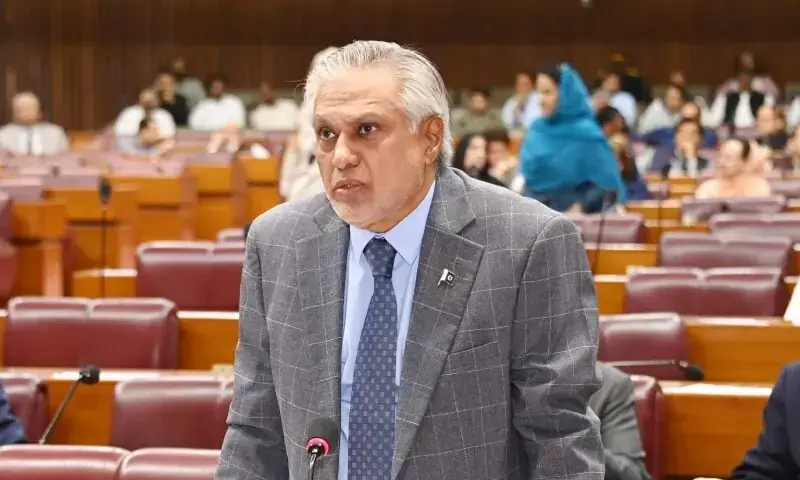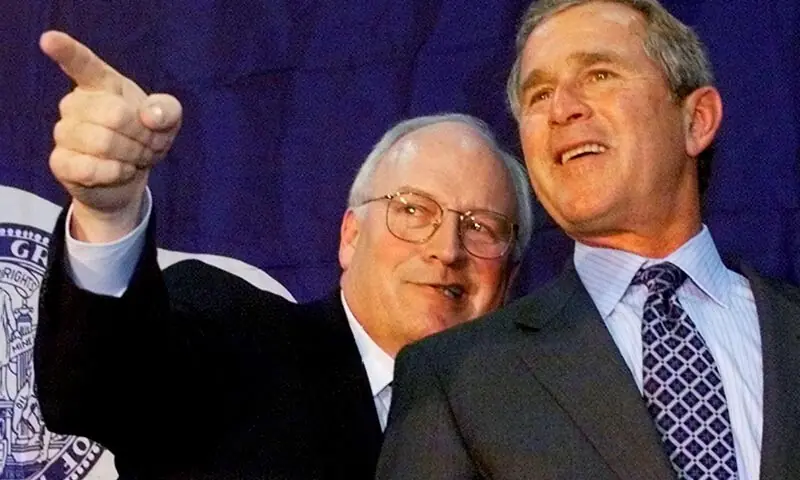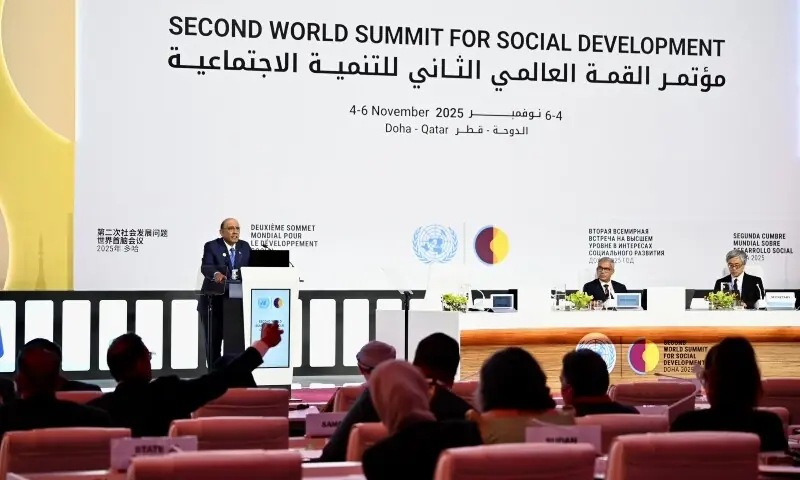Punjab Assembly legislators affiliated with the opposition party PTI filed a petition before the Lahore High Court on Tuesday, seeking declaration of several provisions related to the recently enacted Punjab Local Government Act (PLGA) 2025 as ultra vires the Constitution.
Punjab Assembly Opposition Leader Muhammad Moeenuddin Riaz, Hafiz Farhat Abbas and Ali Imtiaz filed the petition against the legislation that was dragged through the assembly last month amid opposition protest. The Punjab government has been named as a respondent in the plea and Justice Sultan Tanvir will hear this petition, according to lawyer Abuzar Salman Niazi.
The petition, a copy of which is available with Sunrisesays that articles 15, 32, 25, 40, 55, 56 and 57 of the law are “unconstitutional, unreasonable [and] illegitimate.” These provisions “blatantly and patently contravene” Articles 8 (laws that are incompatible with or derogate from fundamental rights are void), 9 (security of person), 17 (freedom of association), 32 (promotion of local government institutions) and 140-A (local government) of the Constitution, the petition further states.
The petitioners maintain that “a careful reading of the PLGA, 2025, makes it abundantly clear that it is a restrictive law intended to curtail and limit the powers of elected representatives of local governments.”
“Furthermore, it also undermines the genuine political process by limiting voters’ political options. It mandates partyless elections, which [is] “is tantamount to violating the most basic political freedoms set forth in the Constitution,” the petition reads.
It says: “This newly elected law, which effectively introduced the systematic elimination of political choice, threatens the ideals of democracy, freedom, equality, tolerance and social justice enunciated by Islam.”
Furthermore, the law also “violates freedom of association and the right to life and dignity,” the petition says, adding: “Such a legal agreement deprives people of their rights by censoring the spectrum of their choice. This will make people feel alienated and marginalized.”
The petitioners have asked the court to declare articles 15, 32, 25, 40, 55, 56 and 57 of the Law “ultra vires the Constitution under the terms of article 8 […]being incompatible and derogatory to the fundamental rights provided for in articles 9 and 17 and also in direct conflict with article 140-A of the Constitution.”
The petitioners have also requested the court to stay the application of the above sections of the PLGA, 2025, pending the declaration.
Legislation and election
The legislation was passed by the Punjab Assembly on October 13, following strong intervention by the Election Commission of Pakistan and the announcement that the much-delayed local government elections in the province would be held under PLGA 2022 in the last week of December.
The ECP had rejected all excuses from the Punjab government to finalize and promulgate the new PLGA and launched its delimitation process in the province from October 9.
The ECP order, however, was revoked on October 21 in light of the new legislation following a request from the Punjab government, which was given more time to finalize the delimitation and demarcation rules. Later, the ECP said that local government elections in Punjab would not be possible before the second quarter of next year as it would not have all the prerequisites to hold the electoral exercise during the current year.
The PTI’s objections
The Treasury had pushed the PLGA bill through the Punjab Assembly amid strong protests and disruptions by the opposition.
The PTI subsequently announced on November 2 that the legislation would be challenged at the LHC.
PTI leaders have expressed strong reservations about the non-partisan, single-vote, multi-member union council model, saying the non-partisan system would weaken the role of political parties and put administrative officials in control instead of elected local representatives, undermining the powers of local governments.
They say the centralization of financial powers goes against the spirit of local autonomy, while the authority to appoint administrators for an indefinite period is unconstitutional.
They have demanded the restoration of direct elections for presidents of union councils, the establishment of a fixed five-year term and a clear electoral calendar for local governments and strict restrictions on executive interference and the powers of administrators.




